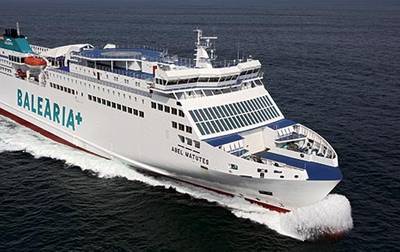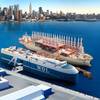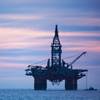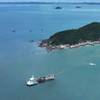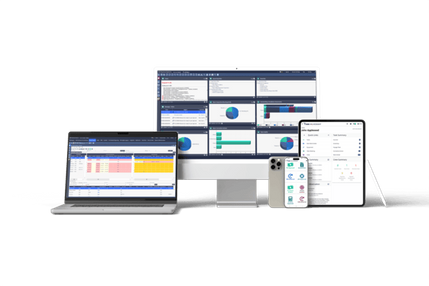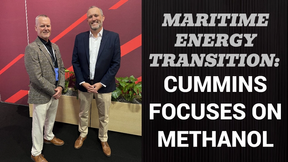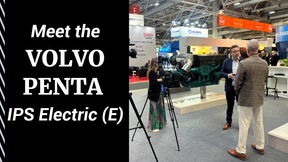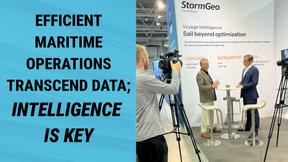Getting Real on LNG Fuel
Plentiful supply, low prices and strict regulations on air pollution are fuelling a swift move towards using LNG as fuel for ship propulsion in the USA and Canada. In Europe strict regulation in port is pushing passenger ship owners to use LNG fuel while berthed.
For the last two or three years the view about switching to LNG fuel was that it was a chicken and egg situation. That period is over now. The first gas bunker terminals are ready, the first small scale LNG carriers and bunker vessels are in service and the bigger projects are lining up.
Three other critical factors slowing the move to gas are switching to green. International regulation will soon become a reality as IMO is set to agree the long-debated IGF Code, pending agreement on tank location. Global bunker guidelines will soon become a reality as IACS develops with industry, under BV leadership, an agreed set of standards. And the critical issue of training is no longer an impediment. Class has proven it can deliver training for LNG fuel to port staff, ship managers and sea staff.
With the safety factors well understood and bunker chains building the decision to switch to gas fuel is now an economic one. Gas is cleaner than oil and meets air regulations more easily. In the Americas it is also substantially cheaper. In Europe and Asia gas prices are less favourable but still offer savings over diesel.
Careful analysis shows how the economics stack up. And that is where an experienced class society can be a vital partner. Bureau Veritas knows more about handling and using LNG in a marine environment that anyone else. With experience stretching back to classing the first LNG carriers, the first dual-fuel engines and now a wide range of new projects including LNG-fuelled passenger ferries, gas carriers, chemical tankers and in-port cold ironing barges BV can help owners and yards choose the right technology for burning LNG and build and operate it safely.
Seaspan Ferries in Canada, Terntank and Evergas in Denmark, Viking in Norway, Balearia in Spain, Becker Marine and Aida in Germany, GDF Suez in France, Anthony Veder in the Netherlands. All owners with new gas-fuelled projects or LNG bunker barges benefiting from Bureau Veritas’ expertise. Risk-analysis, technical assistance for pre-design choices, design approval, dedicated research, proven crew and shore-staff training, clear guidelines and a willingness to share deep experience. That’s why owners getting real on gas fuel choose to work with Bureau Veritas.



